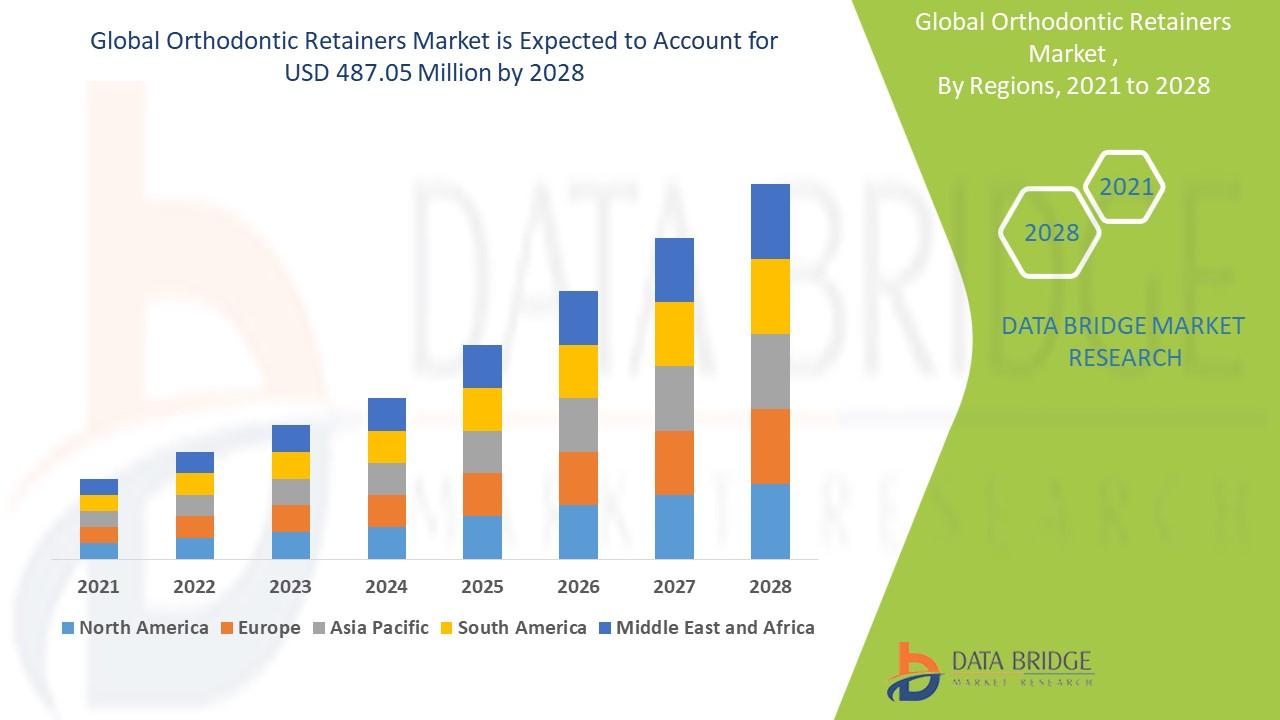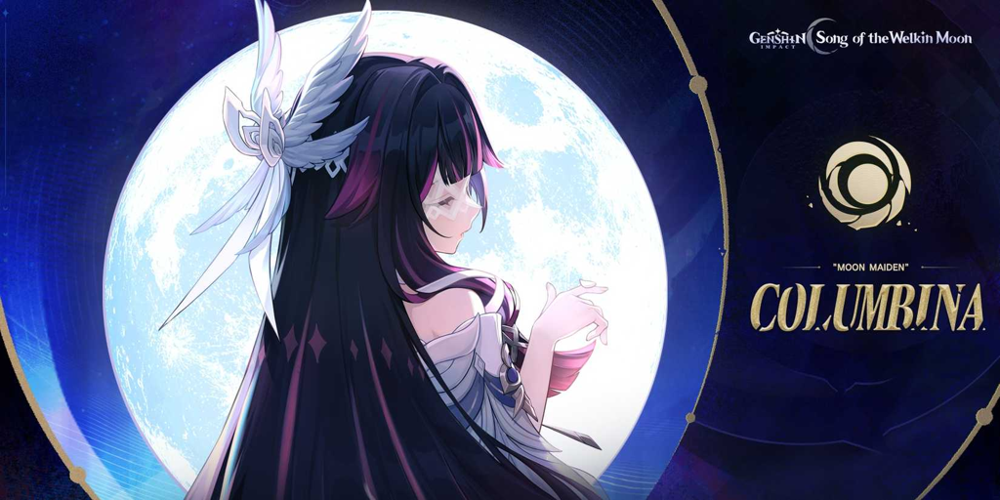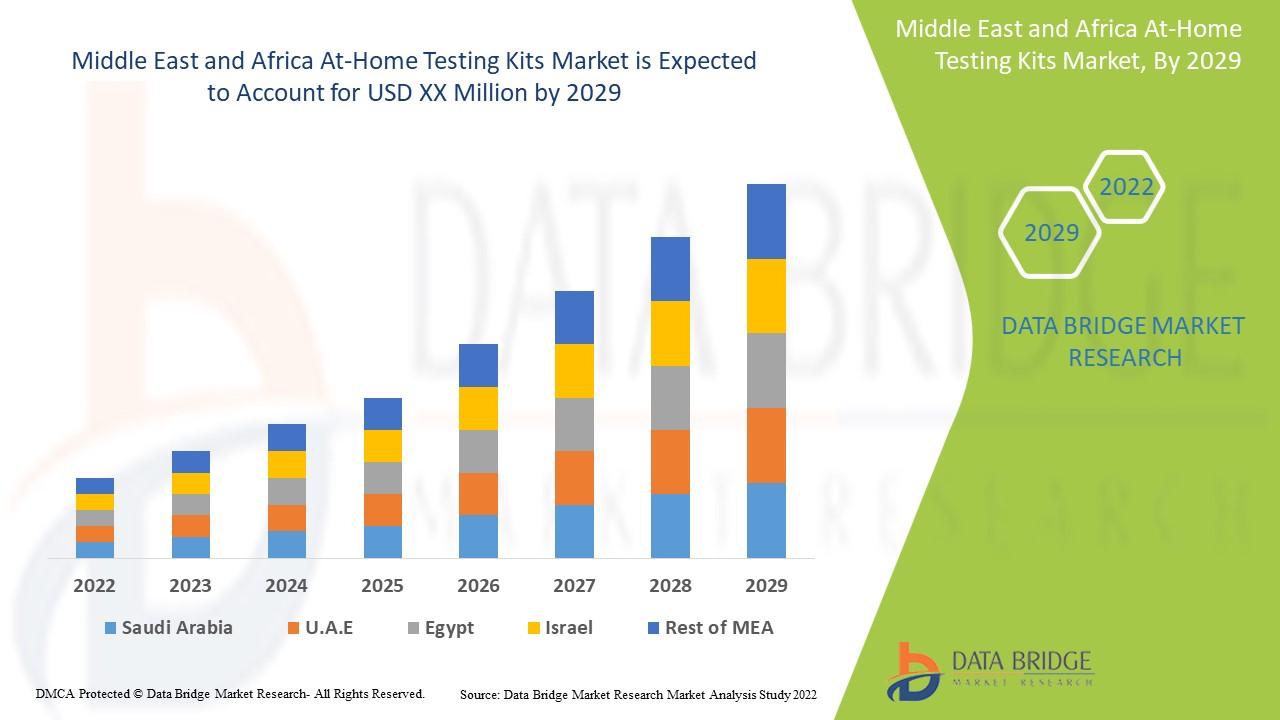Anti-Aging Skincare Ingredients market Share and Size Report: Emerging Trends and Forecast Analysis

"Executive Summary Anti-Aging Skincare Ingredients Market Size and Share Forecast
- The global anti-aging skincare ingredients market size was valued at USD 1.87 billion in 2024 and is expected to reach USD 2.70 billion by 2032, at a CAGR of 4.71% during the forecast period
With a capable and wide-ranging market research study, Anti-Aging Skincare Ingredients Market report provides the facts associated with any subject in the field of marketing. This report unearths the common market conditions, trends, preferences, key players, opportunities, geographical analysis and many other parameters that support to drive the business into right direction. With the precise and high-tech information given in the top notch Anti-Aging Skincare Ingredients Market report, businesses can know about the types of consumers, consumer’s demands and preferences, their perspectives about the product, their buying intentions, their response to particular product, and their varying tastes about the specific product already active in the market.
Anti-Aging Skincare Ingredients Market research report consists of fundamental, secondary and advanced information allied to the global status and trend, market size, sales volume, market share, growth, future trends analysis, segment and forecasts from 2022 - 2029. This report conducts study of market drivers, market restraints, opportunities and challenges underneath market overview which provides valuable insights to businesses for taking right moves. Moreover, the report endows with the data and information for actionable, most recent and real-time market insights which make it uncomplicated to take critical business decisions. Market research analysis lends a hand to businesses for the planning of production, product launches, costing, inventory, purchasing and marketing strategies.
Gain clarity on industry shifts, growth areas, and forecasts in our Anti-Aging Skincare Ingredients Market report. Get your copy:
https://www.databridgemarketresearch.com/reports/global-anti-aging-skincare-ingredients-market
Anti-Aging Skincare Ingredients Market Review
Segments
- By Type: The global anti-aging skincare ingredients market can be segmented based on type into antioxidants, retinoids, peptides, and hyaluronic acid among others. Antioxidants such as vitamin C and E play a crucial role in protecting the skin from free radicals and improving overall skin health. Retinoids, derived from vitamin A, are known for their ability to reduce fine lines and wrinkles. Peptides are key ingredients that stimulate collagen production, leading to firmer and more youthful skin. Hyaluronic acid is essential for maintaining skin hydration, plumpness, and elasticity.
- By Application: In terms of application, the market can be divided into creams, serums, and masks, among others. Creams are the most widely used form of anti-aging skincare products, offering deep hydration and nourishment to the skin. Serums are highly concentrated formulations that target specific skin concerns such as fine lines, wrinkles, and dullness. Masks provide intensive treatment and instant results, making them popular for occasional use.
- By End-User: The end-user segments of the market include men and women. While traditionally anti-aging skincare products have been targeted towards women, there is a growing demand for male-specific products as men become more conscious of skincare and grooming. This segment offers significant growth opportunities for market players to cater to the evolving preferences of male consumers.
Market Players
- L'Oréal SA: As one of the leading players in the global anti-aging skincare ingredients market, L'Oréal offers a wide range of products with innovative formulations and advanced technologies. The company invests heavily in research and development to launch new and effective anti-aging solutions that meet consumer needs.
- The Estée Lauder Companies Inc.: Known for its luxury skincare brands, The Estée Lauder Companies Inc. holds a strong position in the market with products that focus on anti-aging benefits and skin rejuvenation. The company's commitment to quality and efficacy has helped it maintain a loyal customer base globally.
- Shiseido Company, Limited: With a strong presence in the Asian market, Shiseido Company, Limited is renowned for its skincare expertise and commitment to innovation. The company offers a diverse range of anti-aging skincare ingredients that address multiple skin concerns and target different age groups.
- Johnson & Johnson: A key player in the global healthcare and consumer goods industry, Johnson & Johnson has a dedicated portfolio of anti-aging skincare products that are backed by scientific research and dermatological testing. The company's focus on safety and efficacy resonates well with consumers seeking trustworthy skincare solutions.
The global anti-aging skincare ingredients market is characterized by intense competition, rapid product innovation, and changing consumer preferences. As the demand for anti-aging solutions continues to rise, market players are investing in research and development to launch advanced formulations that deliver visible results. Strategies such as product diversification, strategic partnerships, and marketing initiatives will be crucial for companies to differentiate themselves and gain a competitive edge in this dynamic market.
The global anti-aging skincare ingredients market is a dynamic and competitive landscape driven by changing consumer preferences, technological advancements, and a growing demand for effective skincare solutions. One key trend shaping the market is the rising popularity of natural and organic ingredients in anti-aging products. Consumers are increasingly seeking clean and sustainable beauty options, leading to the development of formulations that prioritize plant-based actives, botanical extracts, and eco-friendly packaging. Market players are responding to this trend by incorporating natural ingredients like green tea, botanical oils, and fruit extracts known for their anti-aging properties.
Another significant driver of market growth is the increasing awareness of preventative skincare measures among younger demographics. Millennials and Gen Z consumers are proactively investing in skincare routines that focus on anti-aging benefits to maintain youthful and healthy skin in the long term. This shift in consumer behavior is reshaping product formulations and marketing strategies, with a strong emphasis on preventive skincare solutions that address early signs of aging and promote skin health.
The COVID-19 pandemic has also influenced the anti-aging skincare market, with consumers prioritizing self-care and wellness practices during periods of lockdowns and restrictions. The rise of virtual consultations, online skincare tutorials, and personalized skincare recommendations has accelerated the shift towards digital engagement and e-commerce sales in the beauty industry. Market players are leveraging digital platforms to engage with consumers, offer personalized skincare solutions, and create immersive brand experiences that resonate in a virtual environment.
In terms of product innovation, advancements in biotechnology and genomic research are driving the development of personalized anti-aging solutions tailored to individual skin concerns and genetic predispositions. Customized skincare formulations, DNA-based skincare analyses, and microbiome-friendly products are gaining traction as consumers seek personalized and science-backed skincare regimens that deliver targeted results. Market players are investing in research partnerships and collaborations to leverage cutting-edge technologies and scientific expertise in developing next-generation anti-aging formulations.
Overall, the global anti-aging skincare ingredients market is poised for continued growth and innovation as consumers prioritize skincare as an essential part of their daily wellness routine. As market players navigate evolving consumer trends, technological advancements, and regulatory challenges, strategic differentiation, product diversification, and sustainable practices will be key drivers of success in capturing market share and sustaining competitive advantage in the anti-aging skincare segment.The global anti-aging skincare ingredients market is witnessing significant growth and transformation driven by various factors. One emerging trend in the market is the convergence of beauty and wellness, where consumers are seeking holistic solutions that not only address external skin concerns but also promote overall health and well-being. This shift has led to the development of anti-aging products that not only target fine lines and wrinkles but also focus on boosting skin immunity, reducing inflammation, and enhancing skin barrier function. Market players are tapping into this trend by formulating skincare products enriched with probiotics, adaptogens, and other ingredients that support skin health from within.
Moreover, the market is also witnessing a surge in demand for sustainable and eco-friendly anti-aging skincare solutions. Consumers are increasingly conscious of the environmental impact of beauty products and are gravitating towards brands that prioritize sustainability in their formulations, packaging, and production processes. This has led to the rise of clean beauty initiatives, zero-waste packaging options, and cruelty-free certifications in the anti-aging skincare segment. Market players are responding to this trend by incorporating biodegradable ingredients, recyclable packaging, and ethical sourcing practices in their product offerings to attract environmentally conscious consumers.
Furthermore, personalized skincare solutions are gaining traction in the anti-aging market as consumers seek tailored products that address their unique skin concerns and preferences. Advances in technology, such as artificial intelligence and machine learning, are enabling brands to offer personalized skincare recommendations based on individual skin types, lifestyles, and genetic factors. Customized serums, creams, and treatments tailored to specific skin needs are becoming increasingly popular among consumers looking for effective and targeted anti-aging solutions. Market players that can leverage data-driven insights and technology to deliver personalized skincare experiences are poised to gain a competitive advantage in the evolving anti-aging skincare ingredients market.
In conclusion, the global anti-aging skincare ingredients market is undergoing a transformative phase driven by evolving consumer preferences, technological innovations, and a focus on sustainability and personalization. Market players that can adapt to these changing dynamics, innovate with novel formulations, and align with consumer values are likely to thrive in this competitive landscape. By staying abreast of emerging trends and leveraging advancements in skincare science, companies can position themselves as leaders in the anti-aging skincare segment and meet the growing demand for effective, sustainable, and personalized skincare solutions.
Uncover the company’s portion of market ownership
https://www.databridgemarketresearch.com/reports/global-anti-aging-skincare-ingredients-market/companies
Structured Market Research Questions for Anti-Aging Skincare Ingredients Market
- What is the competitive positioning of leading brands?
- What export regulations affect the Anti-Aging Skincare Ingredients Market?
- What is the market share by sales channel (retail, online)?
- How are consumer expectations evolving?
- What product attributes are most valued?
- Which regions face supply chain constraints?
- What funding trends are visible in this Anti-Aging Skincare Ingredients Market?
- How do regional taxes affect pricing?
- What are the projected risks in the Anti-Aging Skincare Ingredients Market?
- What collaborations exist between public and private sectors?
- What role does influencer marketing play in Anti-Aging Skincare Ingredients Market?
- How do cultural factors impact Anti-Aging Skincare Ingredients Market trends?
- How is the resale or second-hand Anti-Aging Skincare Ingredients Market performing?
- What’s the churn rate in consumer loyalty?
Browse More Reports:
XYZ
About Data Bridge Market Research:
An absolute way to forecast what the future holds is to comprehend the trend today!
Data Bridge Market Research set forth itself as an unconventional and neoteric market research and consulting firm with an unparalleled level of resilience and integrated approaches. We are determined to unearth the best market opportunities and foster efficient information for your business to thrive in the market. Data Bridge endeavors to provide appropriate solutions to the complex business challenges and initiates an effortless decision-making process. Data Bridge is an aftermath of sheer wisdom and experience which was formulated and framed in the year 2015 in Pune.
Contact Us:
Data Bridge Market Research
US: +1 614 591 3140
UK: +44 845 154 9652
APAC : +653 1251 975
Email:- corporatesales@databridgemarketresearch.com
"




